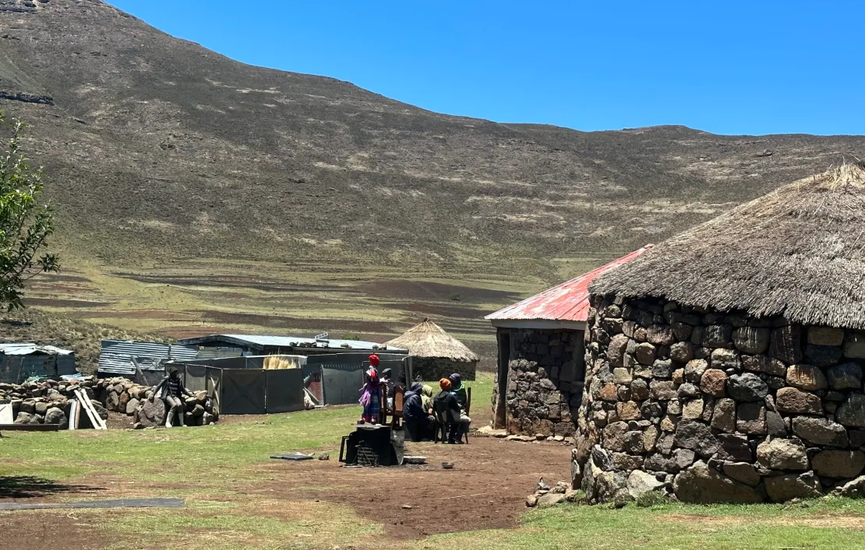In northeastern Lesotho, a group of villagers has raised a formal complaint against the African Development Bank (AfDB), alleging serious harm caused by the Lesotho Highlands Water Project—a multibillion-rand infrastructure initiative designed to transport water from Lesotho to South Africa’s Gauteng region. Representing 18 rural communities in the Mokhotlong district, the villagers claim that construction activities, including tunnel blasting and quarry operations, have damaged homes, contaminated water sources, and disrupted agricultural land. The project, once hailed as a symbol of regional cooperation and development, is now facing scrutiny for its social and environmental impact.
The affected communities report that compensation has been inadequate and that many residents were relocated without proper consultation or consent. In addition to physical displacement, villagers have experienced the loss of culturally significant plants and wildlife, including rare bird species that once thrived in the region. Women and vulnerable groups appear to have borne the greatest burden, with many excluded from decision-making processes and left more exposed to economic and social hardship. The complaint underscores a broader concern about the lack of transparency and accountability in large-scale development projects, especially those funded by international institutions.
Supported by the Seinoli Legal Centre and the U.S.-based Accountability Counsel, the villagers have petitioned the AfDB’s Independent Recourse Mechanism to suspend the project until their grievances are addressed. Despite repeated attempts to engage with authorities, residents say their concerns have been ignored or met with intimidation. They argue that their land, livelihoods, and cultural heritage are being sacrificed for South Africa’s water security, without meaningful benefit to their own communities. The situation has sparked a wider debate about the ethics of cross-border resource projects and the responsibility of development banks to uphold human rights and environmental standards.
As the project faces delays and is now expected to be completed by 2029, ten years later than originally planned—the villagers’ complaint serves as a powerful reminder that infrastructure development must be inclusive, equitable, and respectful of local voices. Their call for justice challenges the notion that progress can be measured solely in pipelines and megawatts, urging a more holistic view that places people and ecosystems at the center of development.
